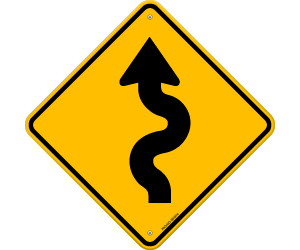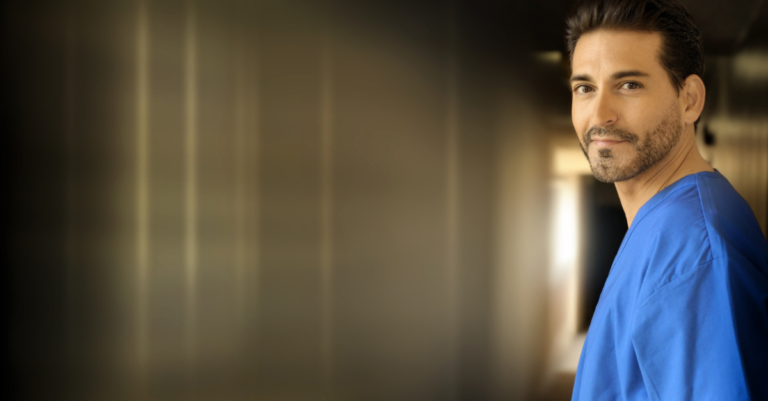
Strategies for Success on Retaking the MCAT
Retaking the MCAT requires a different approach to prep than your first time around. Because ... Read more
Written by: Anubodh “Sunny” Varshney
Published on: April 15, 2015

Retaking the MCAT requires a different approach to prep than your first time around. Because ... Read more
Written by: Anubodh “Sunny” Varshney
Published on: April 15, 2015

Mark Twain “The physician who knows only medicine, knows not even medicine.” Ahhh, spring! A ... Read more
Written by: Dagmar Cofer
Published on: March 24, 2015

There’s no doubt that Dr. Barbara Ross Lee has led a distinguished career. The first ... Read more
Written by: Suzanne Barston
Published on: March 18, 2015

There exists a fundamental flaw in the USMLE exams – applicants who pass the exam ... Read more
Written by: Arvind Kutty
Published on: March 13, 2015

I am a reapplicant. Those are four words that every reapplicant shies away from and ... Read more
Written by: SDN Staff
Published on: March 11, 2015

Taking the MCAT can be a nerve-wracking experience. In fact, many students develop significant test ... Read more
Written by: Anubodh “Sunny” Varshney
Published on: March 9, 2015

Summer is a great time to get medically related experience, which can be an important ... Read more
Written by: AAMC Staff
Published on: March 4, 2015

During my senior year of college, I asked my girlfriend to marry me. We had ... Read more
Written by: Brent Schnipke
Published on: March 2, 2015

Republished with permission from here. At 8 a.m. every morning of the work week, I show ... Read more
Written by: Luke Murray
Published on: February 25, 2015

Are you ready to become a doctor? Making the transition from undergraduate to medical school ... Read more
Written by: Marissa Sutera
Published on: February 20, 2015

Unfortunately, roughly half of all applicants to American allopathic medical schools will not receive an ... Read more
Written by: Anubodh “Sunny” Varshney
Published on: February 11, 2015

Life as a med student is a blur of tests and clinicals with many nights ... Read more
Written by: Shire Lyon
Published on: February 2, 2015

Medical students deal with a lot of scary things: frequent do-or-die exams, looming USMLE or ... Read more
Written by: Brent Schnipke
Published on: January 23, 2015

In 2013, roughly half of all medical school applicants did not receive an acceptance letter. ... Read more
Written by: Anubodh “Sunny” Varshney
Published on: January 14, 2015

The premed journey is different for everyone. For some, it’s really not that much of ... Read more
Written by: PreMedLife
Published on: January 5, 2015

Republished with permission from here. Congratulations! You’ve made it to the clinical portion of medical ... Read more
Written by: Rishi Kumar
Published on: December 17, 2014

Pre-medical students can – and should – take advantage of the many opportunities available to ... Read more
Written by: Anubodh “Sunny” Varshney
Published on: December 10, 2014

“To sleep, perchance to dream – ay, there’s the rub” ~ Hamlet The irony of ... Read more
Written by: Megan Riddle
Published on: December 5, 2014

Updated September 30, 2021. The article was updated to correct minor grammatical errors and to ... Read more
Written by: AAMC Staff
Published on: December 3, 2014